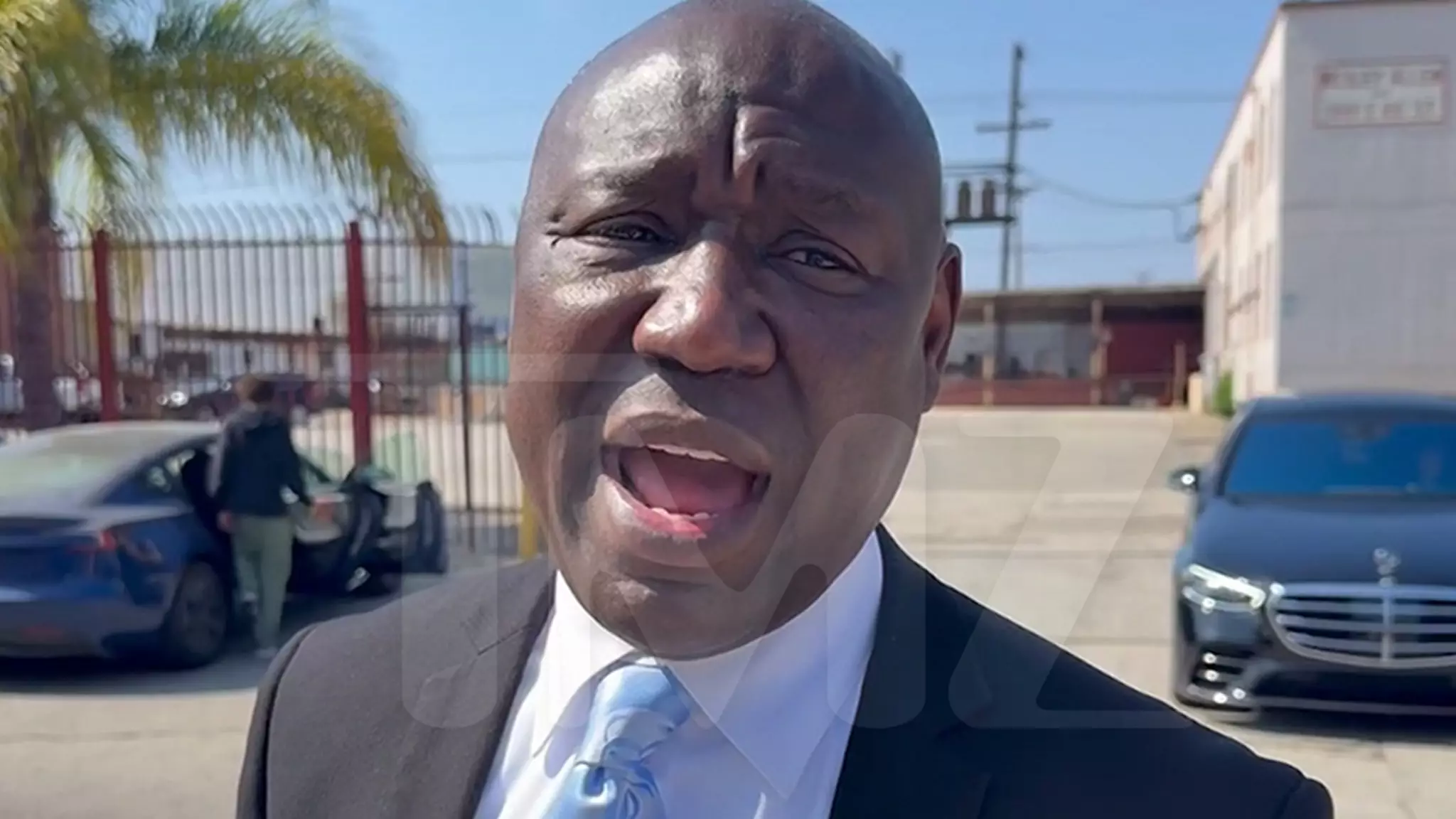The ongoing feud between Elon Musk and Donald Trump epitomizes the unsettling intersection of technology, wealth, and political power. Civil rights attorney Ben Crump finds himself amidst this controversy, though he deftly sidesteps the personal animosities to illuminate a more pressing issue—the implications of proposed legislation on the marginalized communities he advocates for. Rather than choosing sides in a scrap of ego and ambition, Crump emphasizes the urgency of the ideas at play, prompting a reflection on the values that guide our political choices.
Why the ‘One Big Beautiful Bill’ is Problematic
Crump has voiced sharp criticism of the controversial spending bill, referred to colloquially as the “One Big Beautiful Bill.” His disapproval is anchored in its proposed cuts to Medicaid, a crucial lifeline for low-income individuals reliant on medical assistance. Crump argues that any legislation that exacerbates struggles for impoverished communities stands against humanity’s core values. By prioritizing fiscal maneuvers over human needs, such bills institutionalize inequality and neglect the moral obligation to support the most vulnerable in society.
In the context of societal advancement, financial viability should never outstrip compassion. Crump advocates for a paradigm shift—a push for policies that offer genuine humanity and support for all individuals. These statements reflect a broader critique of systemic flaws in legislative priorities that too often ignore the social issues at stake.
Elon Musk: A Polarizing Figure
Musk’s explosive comments regarding Trump’s political success and the alleged withholding of sensitive information have only stoked the fires of an already volatile debate. His platform as a billionaire entrepreneur gives his words weight, yet they also portray a troubling trend of wealthy individuals wielding influence over public discourse without accountability. Crump, while not explicitly endorsing Musk’s position, appears to resonate with the underlying concern about the ramifications of the proposed spending bill.
This enriches the conversation beyond mere political rivalry; it raises questions about responsibility among those who possess extraordinary wealth. Should they engage in the political arena merely to protect their interests, or can they wield their influence to advocate for systemic change? Crump implicitly challenges Musk to use his platform for the betterment of all, urging a collective focus on societal elevation rather than personal grievances.
A Call for Accountability
Moreover, Trump’s warning to Musk about potential consequences for political alliances adds another layer of intricacy to the situation. It highlights the perilous stakes involved when financial power intersects with political agendas. The notion that support for certain candidates could attract punitive measures is alarming and speaks volumes about the nature of contemporary politics.
Crump’s approach is a refreshing antidote to the toxicity that often accompanies partisan battles. By redirecting the focus toward ideas rather than personalities, he invites a more constructive dialogue about values and priorities in our political landscape. The challenge remains: how can we foster a culture that champions policies grounded in human dignity over divisive rhetoric? The case made by Crump stands as an essential reminder that we must aspire to elevate our discussions beyond the pettiness of personal disputes toward a more humane society.

